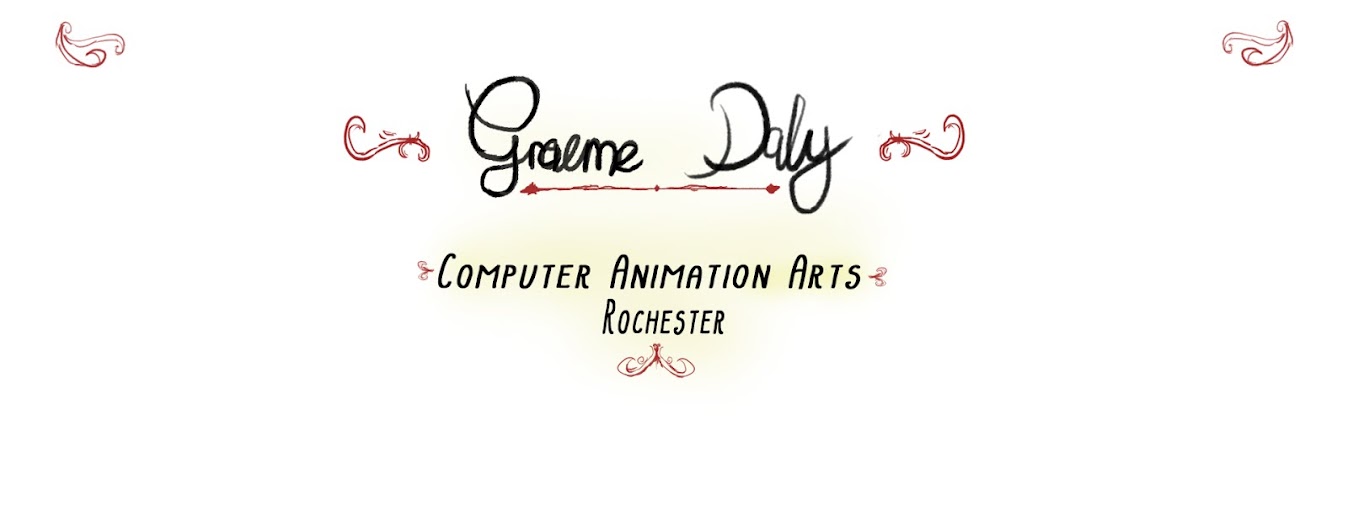• Modernity: The characteristic of something being modern
• Structuralism: "In its
less dramatic versions, structuralism is seen as a method of studying language,
society, and the works of artists and novelists. But in its most exuberant
form, it is a philosophy, a Weltanschauung, an overall worldview that provides
an organic as opposed to an Atomistic account of reality and knowledge. Structuralism can be defined in two ways" (Palmer 2008)
• Postructuralism: "The name of a loosely-knit intellectual movement that emerged out out of structuralism after some of the practitioners of that theory either became dissatisfied with the strictures and confinements of Saussurean linguistics (upon which structuralism was based) or claimed to discover features of those linguistics which, when carried to their logical extremes, were self-defeating and undermined structuralism itself. In post- structuralism language, social institutions and the self are destabilised." (Palmer 2008)
1. The view that content is reducible to form, where the word "form" designates a (usually hidden) structure discoverable behind appearances.
2. The theory of human reality that applies the principles of Saussures linguistics to all social phenomena
• Postructuralism: "The name of a loosely-knit intellectual movement that emerged out out of structuralism after some of the practitioners of that theory either became dissatisfied with the strictures and confinements of Saussurean linguistics (upon which structuralism was based) or claimed to discover features of those linguistics which, when carried to their logical extremes, were self-defeating and undermined structuralism itself. In post- structuralism language, social institutions and the self are destabilised." (Palmer 2008)
• Ahistorical: Having no historical significance, synonym to Synchronic, such as synchronic linguistics which shows the study of language at a moment in time without taking its history into consideration, By contrast Diachronic linguistics takes into account the study of language through its evolution and history.
• Irreducible: something
that cannot be broken down any further
• Objective: Not
influenced by personal feelings and emotions
• Universal: Relating to something that is done or known by all people Worldwide
• Definitive: Done with absolute authority
• Reflexivity: "Reflexivity as a turning back on oneself, a form of self awareness, has been part of
Bibliography
Lawson, H. (1987). Reflexivity. London: Hutchinson. (Accessed on 2-10-17)
Palmer, D. (2008). Structuralism and poststructuralism for beginners. New York: Writers and readers publishing. (Accessed on 2-10-17)
Structuralism Illustration - Anon, (2017). [image] Available at: http://business-science-articles.com/images/Structuralism-Psychology.jpg [Accessed 3 Oct. 2017].
Bibliography
Lawson, H. (1987). Reflexivity. London: Hutchinson. (Accessed on 2-10-17)
Palmer, D. (2008). Structuralism and poststructuralism for beginners. New York: Writers and readers publishing. (Accessed on 2-10-17)
Structuralism Illustration - Anon, (2017). [image] Available at: http://business-science-articles.com/images/Structuralism-Psychology.jpg [Accessed 3 Oct. 2017].


No comments:
Post a Comment